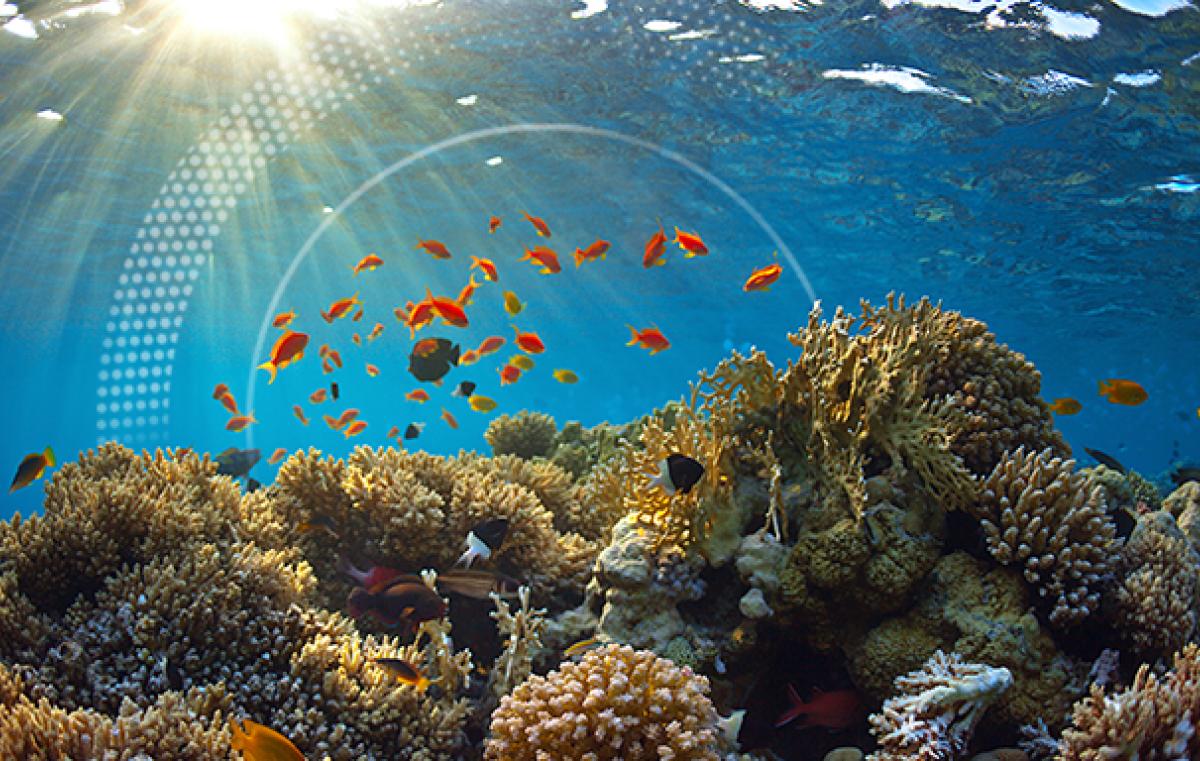The Impact of Light Pollution on Coral Reefs
Prof. Oren Levy of the BIU Goodman Faculty of Life Sciences contributes vital research to AquaPLAN project, on the impact of light and noise pollution on marine ecosystems in the Red Sea

Prof. Oren Levy, Director of the Laboratory for Molecular Marine Ecology at the Bar-Ilan University Goodman Faculty of Life Science, is participating in a new EU project to improve the comprehension of how biodiversity is being impacted by Light and Noise Pollution (LNP) in aquatic environments such as rivers, lakes, coastal and offshore waters.
Funded by the Horizon Europe program, the AquaPLAN project (Aquatic Pollution from Light and Anthropogenic Noise: Management of Impacts on Biodiversity) aims to quantify the combined impacts of LNP on aquatic biodiversity in European waters, and facilitate the implementation of empirically sound strategies for managing these pollutants through novel approaches.
Prof. Levy’s contribution to the project focuses on the unique environment of tropical coral reefs in the Red Sea, where he examines the impact of light pollution on vital ecological aspects. His research targets the synchronization of coral spawning, a critical event for reef regeneration, which can be disrupted by artificial lighting. Additionally, he studies how light pollution affects the behavior of tropical fish and the colonization patterns of invertebrates in light-polluted areas, providing insights into the broader ecological impact. Alongside colleagues from the consortium, Prof. Levy also extends his research to include the effects of noise pollution on these marine ecosystems, exploring how both light and noise pollution jointly influence coral reefs, fish behavior, and invertebrate colonization.
The understanding of the LNP impact on aquatic biodiversity has dramatically improved in recent decades. Evidence suggests that these effects are prevalent globally, in all types of aquatic ecosystems, from rivers and lakes to the seafloor. Despite growing knowledge and access to a range of technologies, best practice methodologies and policy interventions, there are still many critical knowledge gaps that, if addressed, would allow us to better manage and reduce these impacts.
AquaPLAN will run for four years. It is coordinated by the University of Pisa (UNIPI) and comprises a transdisciplinary team of 13 organizations from nine countries. The consortium recently gathered in Pisa, Italy for the project’s kickoff meeting.